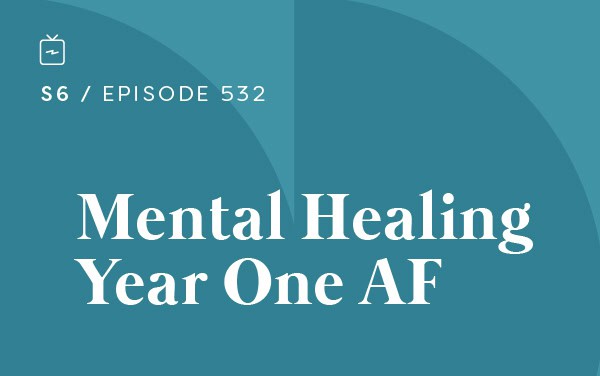Podcast: Play in new window | Download
Subscribe to the Recovery Elevator Podcast Apple Podcasts | RSS | More
Today we have Adam. He is 34 years old from Denver, CO and took his last drink on May 19th, 2022.
Sponsors for this episode include:
Better Help – 10% off of your first month
Café RE – the social app for sober people
[02:41] Thoughts from Paul:
Today Paul presents the second of a three-part series where he covers the healing one may expect in the first year away from alcohol. This week he covers the mental component of healing and what can generally be expected over the course of the first year away from alcohol.
In the beginning, don’t expect much but the brain fog will begin to lift by the end of the first week. Emotions will start to show up and you should embrace them. Seeing mood swings is completely normal but they will begin to improve over the next few months
Over the first year there are a lot of improvements to our awareness, our emotional regulation and our dopamine system.
Paul shares many more examples, but this is a short version of a longer list, and the mental healing goes on for years. Perhaps the biggest shift mentally is how you now feel about yourself now that you’ve made such a positive change by ditching the booze.
[11:45] Paul introduces Adam:
Adam was born and raised in Denver, CO. He and his fiancé are getting married in August this year. Adams works in the government affairs lobbying space in Colorado. For fun he loves skiing, hiking, reading and recovery work.
After his first drink at age 14, Adam knew he wanted to do more of it. He says he was a fearful kid and as he grew older his fears became more tangible, and he never felt prepared to deal with them. A lack of confidence and feelings of not adapting like others found him seeking comfort in alcohol and other drugs.
In the transition between high school and college, Adam shares that his substance use increased because it was more accessible. Stressed out while studying abroad in Rome found him developing a nightly drinking habit to cope.
Adam was in a cycle of binge drinking and drinking nightly after graduation and starting his career. He kept defending his drinking as he is just doing it for now and eventually, he will stop. Adam was keeping a bottle of vodka in his car and hiding how much he was drinking from his partner.
In 2021 after a weekend filled with drinking, Adam’s wife came home from errands to find him unresponsive. He ended up in the hospital with a BAC over .4. After a mini-intervention by his family, he said he just wouldn’t drink but wasn’t interested in asking for help. He was able to white-knuckle for 150 days, got divorced and then got a new job and apartment. He decided that it was long enough to quit drinking and went out with friends.
After several months of drinking again and then getting into trouble at work, Adam began to realize he wasn’t having fun anymore. Some friends that were in a 12-step program invited him to join them and he decided to say yes and hasn’t left yet.
Adam identifies with the word “alcoholic” and feels like it helps others view the word differently by seeing normal people using the word. Once starting the program, he dove into the work in addition to reading books and relating to other peoples stories. Realizing he needed help and that he couldn’t control his drinking was a weight lifted for Adam.
Adam is still working with a sponsor to continue to learn more about himself. Adam tries to find ways to integrate recovery into his day and be more present with his loved ones.
Adam shares he is no longer overwhelmed with fears since he has more tools to help him now.
Adam’s parting piece of guidance: keep trying, don’t give up on yourself and keep coming back.
Recovery Elevator
You took the elevator down; you’ve got to take the stairs back up.
WE can do this.
I love you guys.



